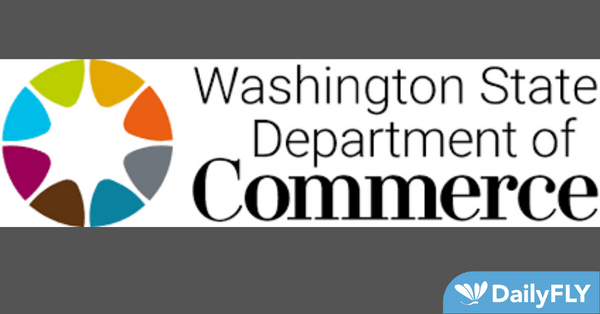Olympia, WA – Washington state’s three funding partners working to expand broadband access to all businesses and residents are asking the public to help check Federal Communications Commission (FCC) data in a recently published National Broadband Map. The Washington State Broadband Office (WSBO), Community Economic Revitalization Board (CERB), and Public Works Board (PWB) said the accuracy of this map is essential to future broadband funding in Washington, in particular, up to an estimated $900 million in federal Broadband Equity, Access and Deployment (BEAD) funding.
All Washington residents are encouraged to participate in this important validation effort. Visit the state’s FCC National Broadband Map webpage. This page provides step-by-step instructions to help people understand and navigate the FCC map and challenge process.
You will be asked to enter a home address to see a summary of the FCC’s data for that location, including the speed and type of connection, and local internet service providers for fixed and mobile broadband service to the location. If you believe the information is incorrect, options are provided for submitting an “Availability Challenge” or a “Mobile Challenge” to the FCC.
If you are concerned about publicly disclosing a challenge, the “WSU Information Collection Form” on the FCC National Broadband Map webpage offers the opportunity to provide information about your service to the Washington State University Extension for crowdsourced bulk challenges that will not disclose individual data.
Those without a fixed (wired) or mobile broadband connection are especially encouraged to participate. A mobile phone, a friend or family member’s computer or a public access site, such as a school, community center or public library, can be used to enter a home address, review and, if needed, challenge the FCC’s data..
“We want Washington to be represented accurately on the FCC map,” said WSBO Director Mark Vasconi. “This is an opportunity for individual residents to let their voice be heard. It is also a time for organizations and government agencies to work together for Washington’s future. Digital equity starts with universal access to affordable internet, and the funding allocation for Washington will be defined by the accuracy of the FCC’s map.”
Each state’s BEAD funding allocation is based on their percentage of “unserved” households—those with an internet connection providing speeds at or below 25 megabits per second download and three megabits per second upload.
“Rural broadband infrastructure investments are essential for community growth. Connectivity has become an important part of everyone’s day-to-day life. However, there is still a large part of our communities that are unserved/underserved,” said CERB Board Chair Michael Echanove. “If internet service is not affordable and reliable, it is not available. Potentially there is historical funding that will be available to build-out broadband infrastructure in Washington’s unserved communities. How much the State receives is based on the data reported in the FCC map. The time is now, for all residents, businesses, and organizations to let the FCC know if they are not being served.”
“We encourage everyone, from individual residents to agencies and businesses, to enter a formal challenge and complete the WSU Information Collection Form if the map does not accurately portray their location’s service availability,” said PWB Broadband Committee Chair Ed Stern. “Corrections to this FCC map are essential for seeking an equitable solution to the broadband accessibility crisis.”
Challenges to the FCC National Broadband Map will be accepted on a rolling basis, but the Commission places priority on those received before January 13, 2023.
